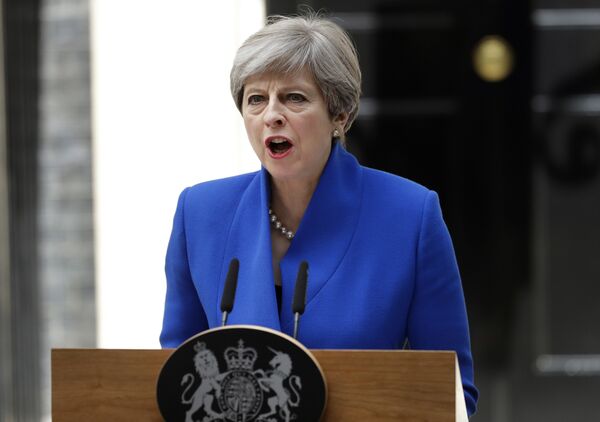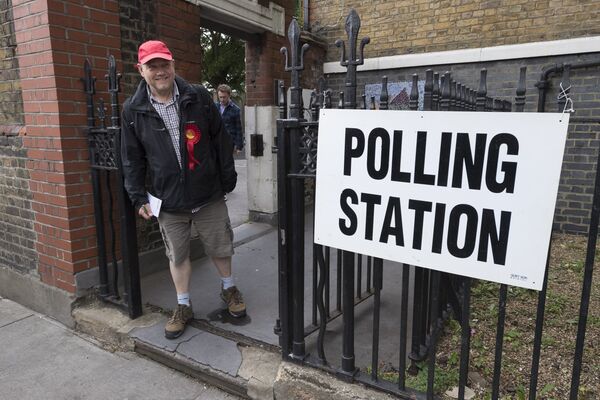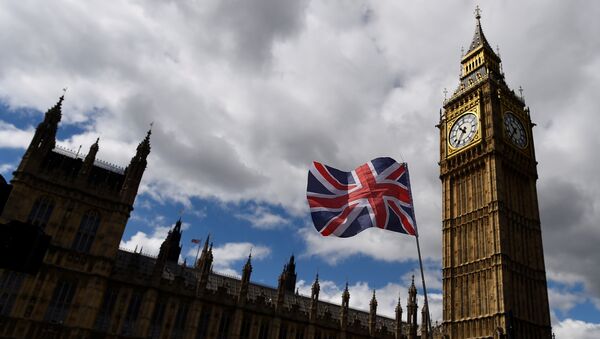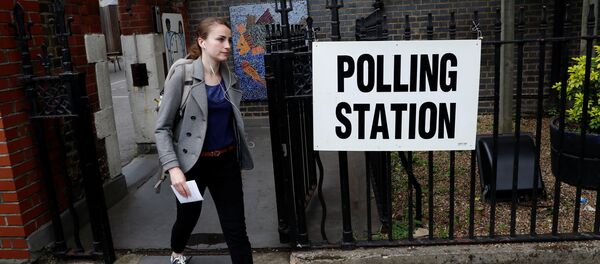The 2017 UK general election which, for international readers with more pressing things to do than keep up with events in the Shire, Balamory, and Gringotts (which are all fictional places — but I'll bet you had to double-check) has recently concluded. The results are very interesting, if less clear than usual.
It is unclear who, if anyone, actually "won" the election in the traditional sense and what exactly "winning" means.
Firstly, Prime Minister Theresa May's Conservative Party, while returning to government, suffered heavy losses at the ballot box. The Tories went into the election with 331 of Westminster's 650 seats and emerged with 318 and as a result, will have to rely on the votes of 10 Northern Irish Democratic Unionist Party (DUP) MPs in order to pass key legislation. Explaining the DUP and Northern Irish politics in general would take several more articles but, essentially, the DUP are probably the best fit to get along with a Tory government; however, the relationship is likely to be fraught at times — especially over Brexit.

The Tories are the largest party in Parliament, which technically means that they "won" the election, but having lost an overall majority during an election that they did not legally need to call. Combined with doubts being cast over how long Mrs. May will remain in Downing Street, the Tories can hardly be said to be the "winners" in any meaningful sense — especially when the right-wing DUP will presumably be able to ask for concessions from their new business partners.
The Conservatives might not like to hear that "things can only get better" for them but, for the UK's natural party of government in a First Past the Post system, it's probably true; especially with the DUP with its hands on some of the Tory strings.

If the mood music is anything to go by, while Jeremy Corbyn's Labour Party may not have won the election, they may have "won" the election. Mr. Corbyn began from a position of seemingly abject hopelessness and then, bolstered by a combination of low expectations and brilliant campaigning, ended up putting in an impressive showing — his acceptance speech in his Islington North constituency, delivered with confidence and poise, provided a useful counterpoint to Mrs. May's shambling and stuttering lecture. However, despite the exuberance and the feeling of wining surrounding the Labour Party and its leader in particular, one simple fact seems to have been lost — they did not win!
Labour may have gained 23 seats from their 2015 performance but they were still well short of being able to form a government, 64 MPs to be exact. If Labour can interpret reinforcing the position of their leader and being able to provide a strong(er) opposition as the definition of "winning," then they may have won, but it would be a rather generous interpretation of the term, at odds with the traditional definition, and involve a considerable level of rhetoric and intellectual gymnastics.

Following their stunning success in 2015, it seemed to be impossible for the Scottish National Party (SNP) to maintain the level of success that it had achieved — and it was. The SNP lost 21 of the 56 seats it held with notable casualties including their Westminster Group Leader, Angus Robertson being beaten in his Moray constituency, Tasmina Ahmed-Sheikh, ousted from Ochil and South Perthshire, and former Scottish First Minister, Alex Salmond, being thumped and thrown out of Gordon.
There was a significant switch from SNP yellow to Tory blue across Scotland — a doubly painful insult for a party that has a rabidly anti-Conservative stance. However, perhaps worst of all for the Nationalists, the resurgence of the Scottish Tories (which were extinct as recently as 1997), as well as good nights for Scottish Labour and the Scottish Liberal Democrats, have led some to suggest that a second referendum on Scottish independence is now less likely than it has been for a long time.
Therefore, the question still stands: who won the 2017 UK general election?
Arguably, the previously mentioned DUP come out of the election in the best position, especially when compared to when they went in. Not only did Arlene Foster's party gain the Belfast South and South Antrim seats, plus an additional 10 percent of the vote, but they now find themselves in the position of being able to make demands of the government. For a small party that is active only in one nation of the United Kingdom, this has to be considered a win. However, given that the DUP hold position on issues such as LGBT rights, abortion, and climate change which do not exactly chime with most opinion on the mainland, they may be forced to either awkwardly defend or, perhaps, change these stances when confronted with the unforgiving gaze of a broader and more socially liberal electorate. Also, with a contingent of 13 Scottish Tory MPs to deal with, many of whom at on the progressive liberal wing of their party, it might not be all sunshine and roses for the DUP after all.
While the votes have been counted, what they mean and who will benefit the most remains to be seen, maybe the Brexit negotiations will provide some insight or, maybe, we'll be back doing the democracy dance in September — as psephologists everywhere are very fond of saying, "it's simply too early to tell."
The views expressed in this article are solely those of the author and do not necessarily reflect the official position of Sputnik.




